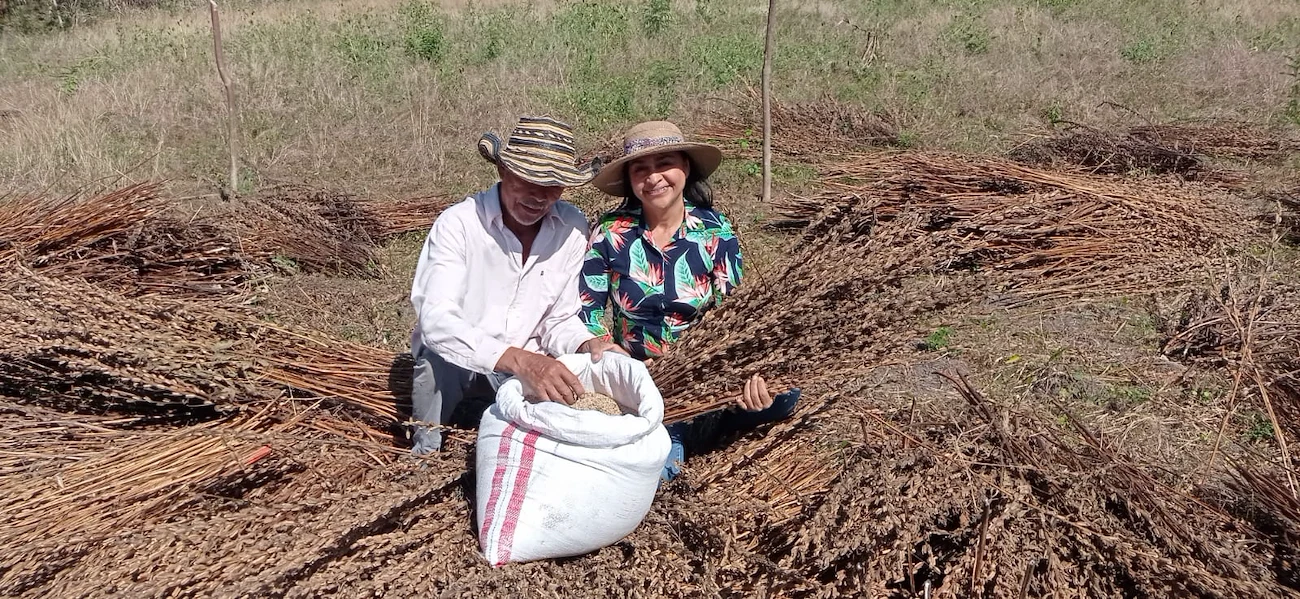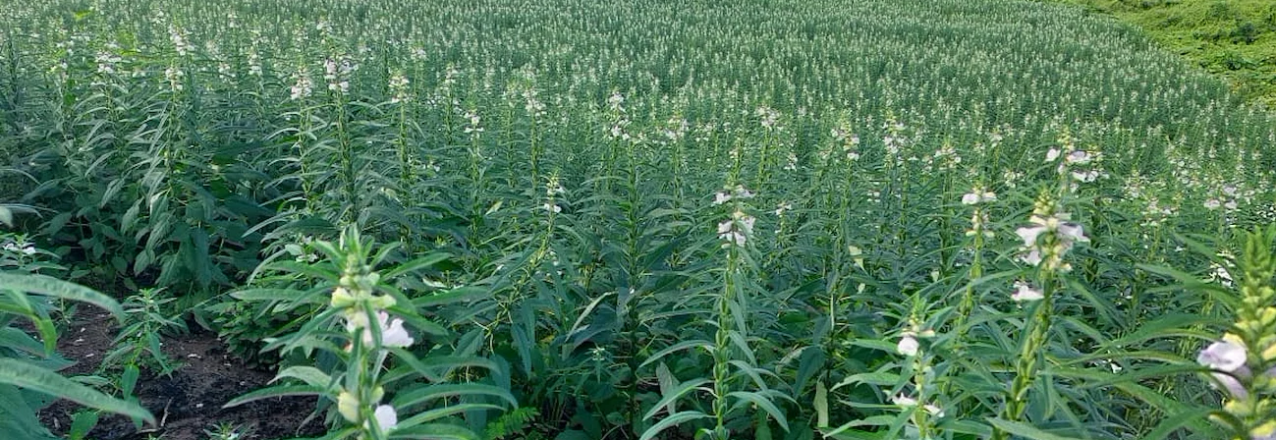A USAID-facilitated public private partnership is supporting agribusiness in the sesame value chain in post-conflict Colombia.
In Colombia’s Caribbean region, sesame was often viewed as a secondary crop that farmers planted in the months following a cotton or tobacco harvest. Sesame is known for resiliency, and farmers covered their fields with it to improve soil health and moisture retention. In the late 80s, as tobacco markets diminished, and then in the 90s, when the Montes de María region erupted in violence, farmers all but forgot about sesame cultivation.
In its heyday in the eighties, experts estimated that farmers in the Montes de María region (Sucre, Bolívar, and Córdoba) produced up to 25,000 MT of sesame each year. Three decades later, sesame production has been reduced by 95% to just 800 MT in 2021.
Besides being one of the most drought tolerant crops in the world, sesame cultivation is low risk, in that it offers high returns for little investment. Today, sesame enjoys high demand for its oil that is used in a variety of cuisines and global sesame markets are stable. Thanks to a public private partnership in the sesame value chain, facilitated by USAID, Colombian farmers are getting a new opportunity to cultivate high quality sesame for export.
The PPP, which is valued at nearly USD 1.8M, was signed in March and includes 21 farmer associations representing 565 farmers (41% women). The objective of the PPP is to increase planting and production of sesame to 2,000 MT by 2025. As farmers increase production, a chorus of public sector partners are supporting the value chain and local capacity.
Colombian food retailer and exporter Sumapaz Foods joined the partnership to provide purchasing agreements with the associations. Sumapaz Foods works with vulnerable groups and victims of the conflict to offer a diverse portfolio of Colombian products to gourmet food retailers in Europe and beyond.
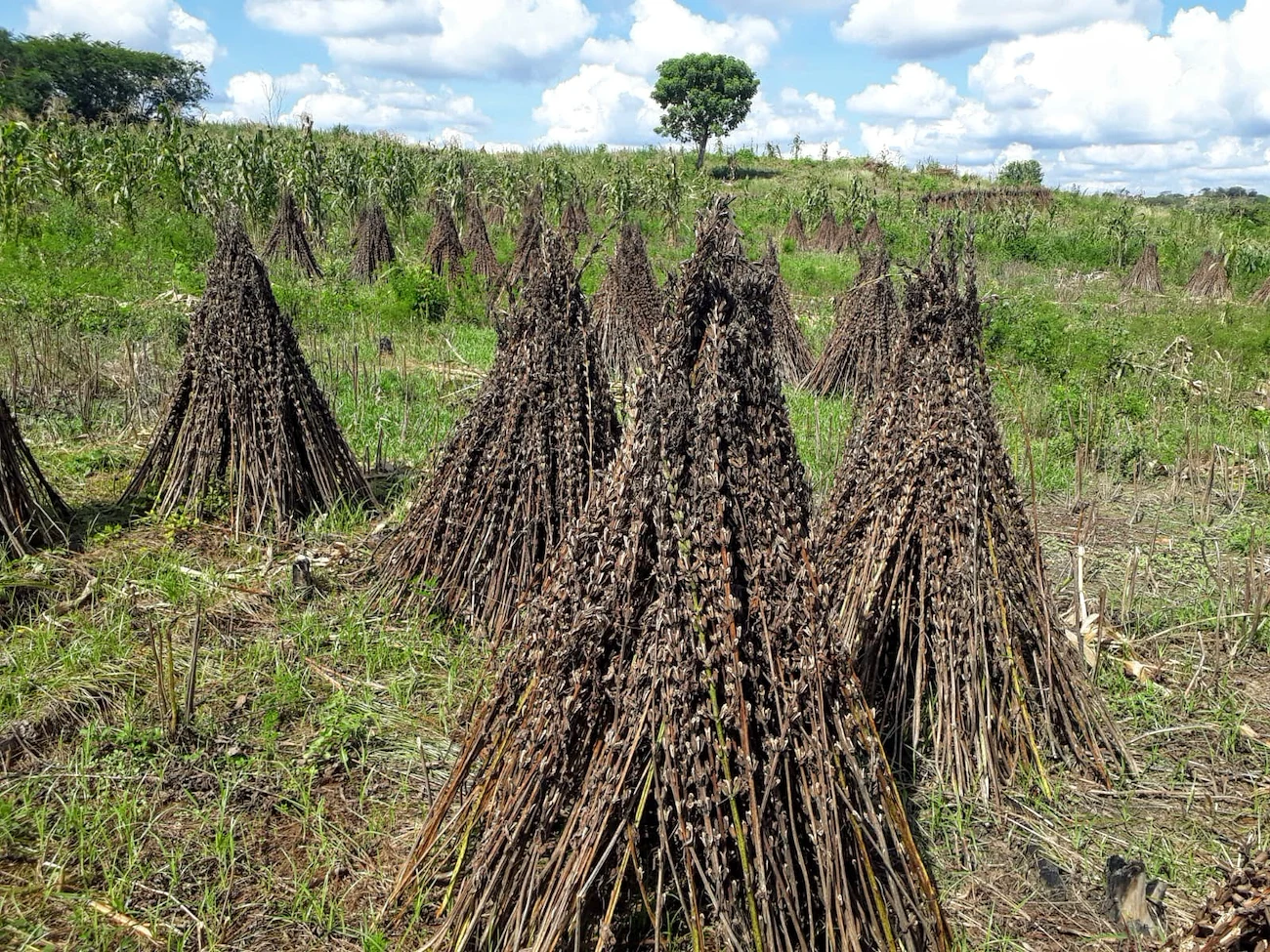
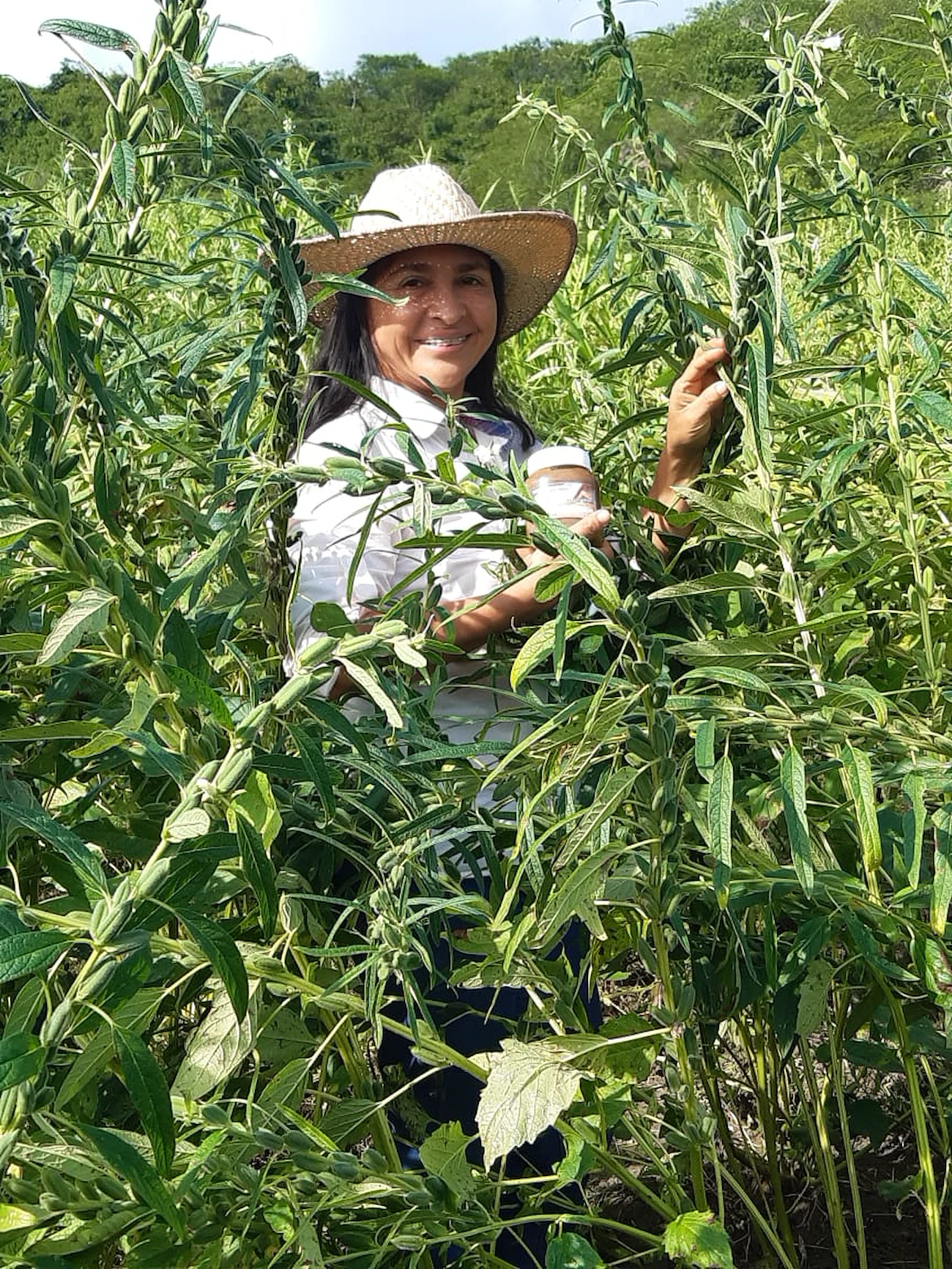
“Through this PPP, we hope to close the gap that has existed due to middlemen buyers. With direct sales, now we are ensured fair prices. That is why we are excited to be part of this partnership, it builds our confidence and gives us a guarantee to continue our work to plant and harvest sesame.”
– Yoleida Salcedo, a member of a the Pativaca Women’s Association, a group of 35 women who grow a variety of products including sesame.
Cutting out middlemen is a benefit, but the women of Pativaca are organized for an additional reason: women’s empowerment. Many of the members are single mothers with families to support.
“We no longer just procreate and take care of the children. That was a thing in the past. We are awake and capable of making business, leading our own projects, and putting food on the table for our children,” says Salcedo.
For Salcedo, sesame has been a part of her community for her entire life, but only recently did the women focused on turning it into a business. With support from the PPP, women’s associations like Pativaca will receive technical assistance in agronomy and business administration. They will also participate in the creation of a regional sesame seed bank that will help to guarantee sesame quality and traceability.
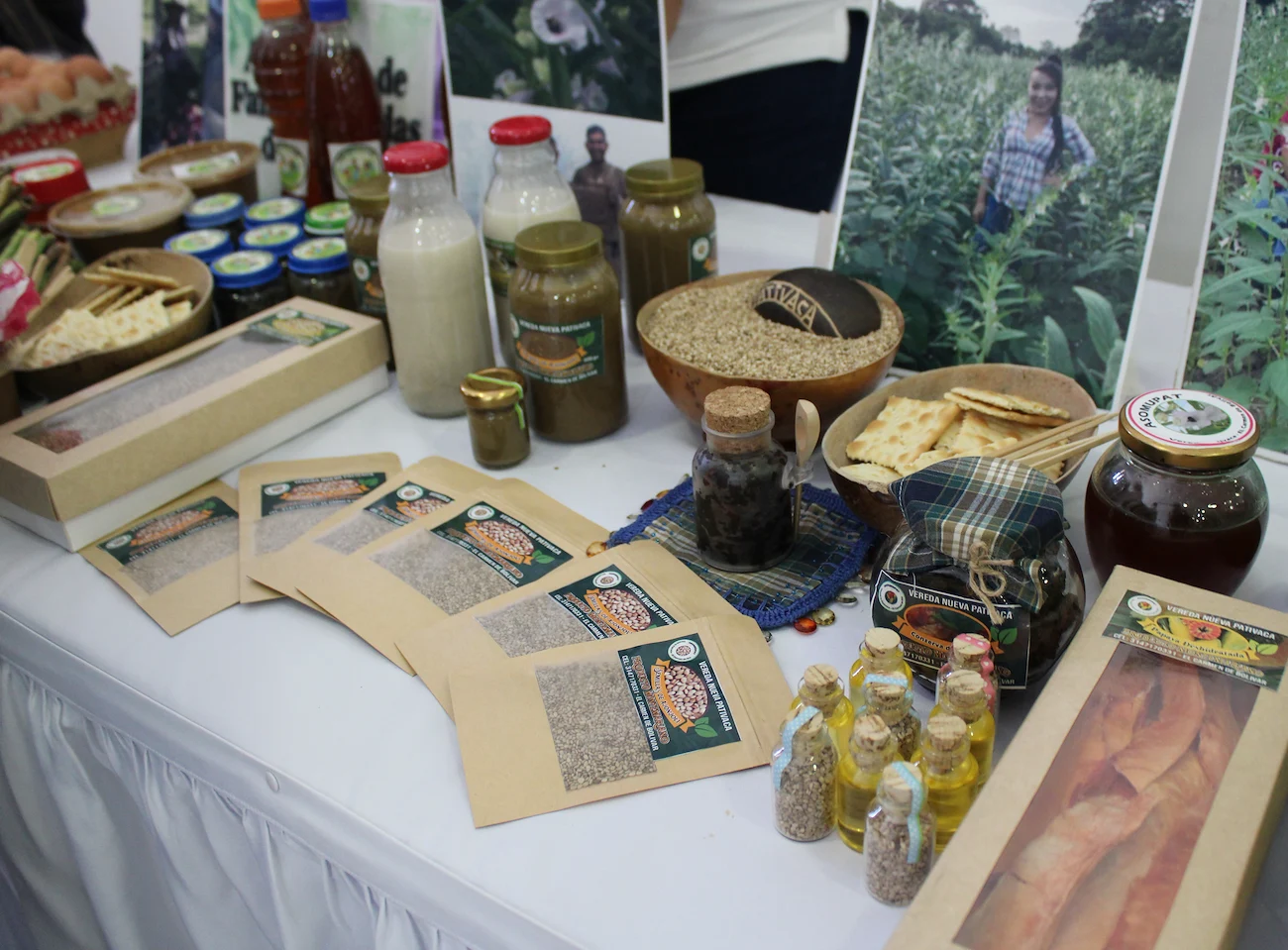
“For us, sesame is on the table at every meal. Thanks to this partnership, our vision is changing and we see opportunities. We no longer see it as a product that feeds our families, it will create revenue, and we are making business.
